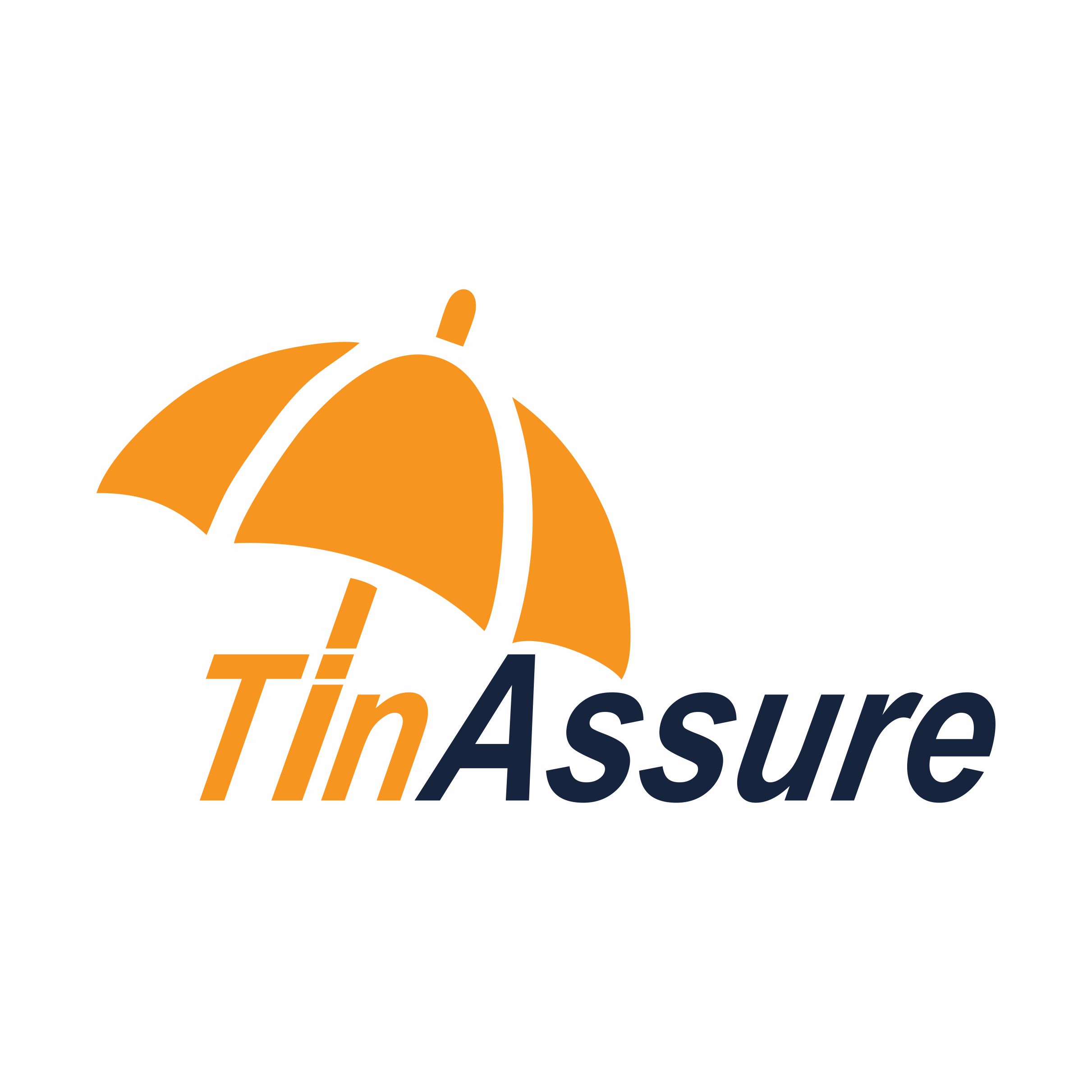Health Insurance
What is Health Insurance?

Description of Health Insurance
Health insurance is a contract between you and an insurance company that helps cover the cost of medical treatments. It protects you from the financial burden of hospitalization, surgeries, critical illnesses, or emergency care. In exchange for a yearly premium, the insurer pays for all or part of your medical expenses, depending on the plan.
Anyone who loves or pursues or desires to obtain pain of itself, because it is pain, but because occasionally circumstances in which toil and pain can procure.
1.Why Health Insurance is Important
- Covers medical expenses like room rent, surgeries, medicines, ICU, and diagnostics.
- Offers cashless treatment at network hospitals
- Reduces out-of-pocket expenses during emergencies
- Provides tax benefits under Section 80D of the Income Tax Act
- Helps you focus on recovery, not bills
- Whether it’s a sudden illness, accident, or a planned surgery — health insurance gives you the peace of mind that quality care is within reach.
2.Types of Health Insurance Plans
- Individual Health Insurance – Covers one person with a fixed sum insured
- Family Floater Plan – One policy for the entire family, including spouse, children, and parents
- Senior Citizen Health Plan – Specially designed for people aged 60+
- Top-Up & Super Top-Up Plans – Additional coverage over an existing plan at lower premiums
- Critical Illness Cover – Lump sum payout on diagnosis of serious illnesses like cancer, heart attack, etc.
3. What Does It Cover?
- Hospitalization (pre & post)
- Daycare procedures (no 24-hour stay needed)
- Ambulance charges
- AYUSH treatment (in select plans)
- Optional benefits: maternity, annual check-ups, mental health, etc.
4.What is Not Covered in Health Insurance?
- Pre-existing diseases (until waiting period ends)
- Cosmetic or plastic surgeries (unless medically required)
- Dental, hearing, and vision (unless specifically included)
- Injuries from self-harm, alcohol, or drugs
- Maternity expenses (unless covered as add-on)
- OPD and routine check-ups (in most basic plans)
- Experimental or unproven treatments
- Injuries from war or illegal acts

Our Goal at Tinassure
We don’t sell policies — we simplify them. Tinassure provides educational content to help you understand health insurance in simple terms. Whether you’re buying for yourself, your parents, or your entire family, we help you compare options and make decisions with clarity and confidence.
📩 Want to learn more about choosing the right plan for your needs? Explore our blogs or contact us for guidance. Tinassure – Helping you protect your health, wisely.
📩 Want to learn more about choosing the right plan for your needs? Explore our blogs or contact us for guidance. Tinassure – Helping you protect your health, wisely.
Ready to start
saving money?
Learn in seconds which types of insurance
match your business.

Ready to start
saving money?
Learn in seconds which types of insurance
match your business.

FAQS
Yes, you can buy a family floater plan that covers yourself, your spouse, children, and even parents under a single policy.
A waiting period is the time during which certain claims (like pre-existing diseases or maternity) are not covered. It typically ranges from 1 to 4 years.
These are hospitals where you don’t need to pay upfront. Your insurer directly settles the bill with the hospital, subject to policy terms.
Yes, most health insurance plans now include COVID-19 and similar diseases, as long as hospitalization is involved.
Yes, you can increase your coverage at the time of renewal, but it may come with a fresh waiting period for new additions.
Most basic plans don’t. But some premium policies or add-ons include OPD consultations, diagnostics, and preventive check-ups.
